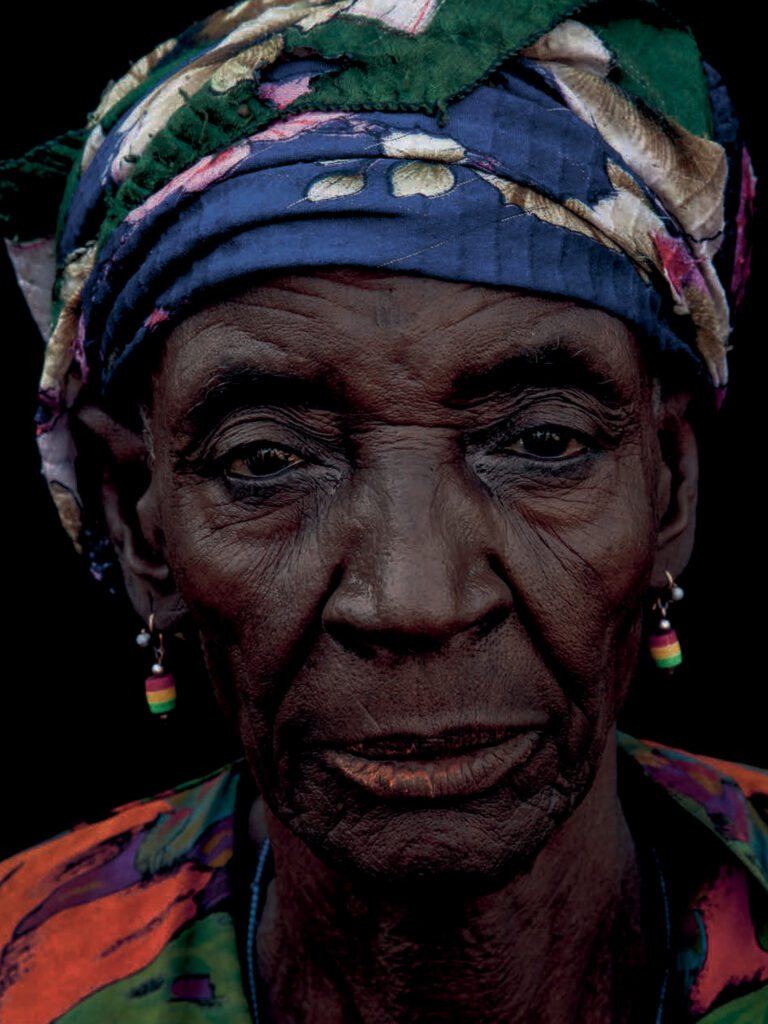Fotos by Ann-Christine Woehrl
Finissage Sept. 16. 6 pm: “Darklight” Piano & Light Performance by Anne-Christine Woehrl
pdf Flyer
Press

It just takes a few words to destroy a life, words that stigmatize forever: “This is a witch!“ In Africa the belief in witchcraft is widespread and deep rooted. It is found all over, in all religious and ethnic groups. Not just the uneducated, the poor and those living in rural areas but also businessmen, politicians and students are caught in this reality. According to a survey more than half of the population of Sub-Saharan Africa believe in the existence of witches, in some country the number rises to nearly a hundred percent. Not a lot needs to happen for somebody to be blamed of using witchcraft.
Mostly women and children, those that are of no use to society anymore, the old, the difficult and mentally ill. The consequences of the belief in witches are dire: In Ghana those blamed to possess evil powers find refuge in so called witch camps. Six of them are spread around the north of the country. They house nearly 1500 women and some children. Some of these accused women strive to acquire the power of witchcraft others are condemned by society to be witches and bear the stigma of an outcast. The power of faith is the cause of the fate of countless women in Africa today.
The project “Witches in Exile“ consists of a reportage and a portrait series realized in Gambaga and Gushiegu of those women, who share by force one life-struggling destiny: the expulsion from their villages, their homes and their families after being accused of witchcraft. The portrait as the most traditional form in photography seemed to be the appropriate way to photograph these women. Without any interference each woman chose a posture, which reveals her feelings and shows her dignity and pride. The black curtain isolates her from her surrounding, the place she is banned to, and gives back her own identity.